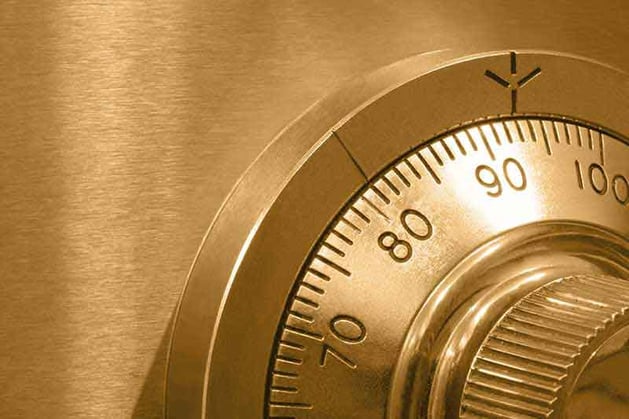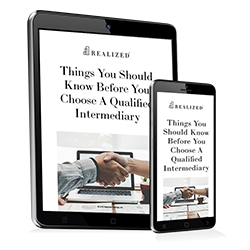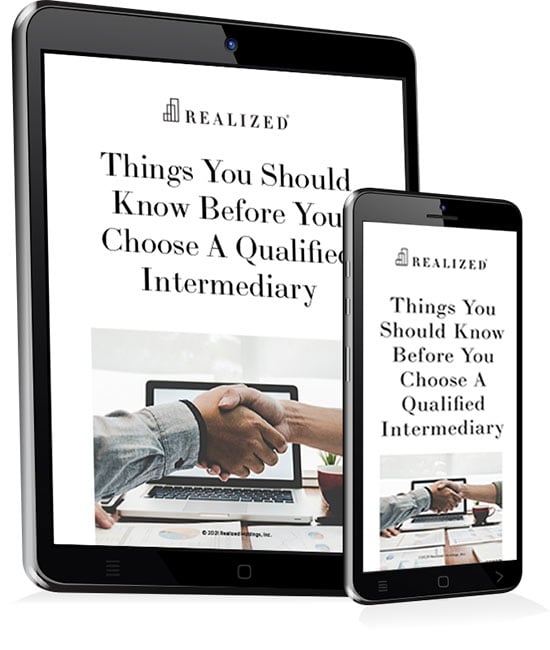
The name “qualified intermediary” (QI) — or 1031 exchange accommodator — is somewhat of a misnomer. When I hear something is “qualified,” I tend to think that it has been limited, or is less-than-positive . But when it comes to a QI, most of the time this is not the case..
Unlike banks, stockbrokers, and insurance companies, there is no mandated national standard or federal authority that oversees qualified intermediaries. In fact, only a handful of states require them to be licensed or insured, which means in most of the US, anyone can hang out their shingle and become a QI.
This is somewhat confounding, given the tax code requires a QI to hold your 1031 exchange funds! Qualified intermediaries—also known as accommodators and facilitators—have three primary responsibilities in a 1031 exchange:
- Hold the cash from the sale of relinquished property until you are ready to use it to purchase a replacement property.
- Coordinate the legal documents required for your exchange.
- Ensure your exchange complies with the IRS’ rules.
So what happens if your qualified intermediary fails to adequately perform one or all of the responsibilities listed above?
- Your money may be stolen
- Your exchange will be disqualified by the IRS, and you will owe taxes and/or;
- You will likely spend considerable resources defending your position in a federal audit.
These instances are admittedly rare, and the vast majority of 1031 facilitators are honest and take their fiduciary responsibility very seriously. Even so, in 2012 the Federal Trade Commission reported that it was aware of 23 instances where investors lost an estimated $250 million as a result of fraud and negligence by qualified intermediaries.
Equally telling, the IRS provides the following warning on their website:
“Be careful in your selection of a qualified intermediary as there have been recent incidents of intermediaries declaring bankruptcy or otherwise being unable to meet their contractual obligations to the taxpayer. These situations have resulted in taxpayers not meeting the strict timelines set for a deferred or reverse exchange, thereby disqualifying the transaction from Section 1031 deferral of gain. The gain may be taxable in the current year while any losses the taxpayer suffered would be considered under separate code sections.”
Ironically, even experienced investors spend less time researching a qualified intermediary than they would buying a dishwasher or a smartphone. Accommodators are more than just an expensive escrow agent; they provide very specialized services. For example, if you’ve ever done your own taxes, you know how easy is to overlook a rule, misinterpret the instructions, or forget to include a form. The point is this: just because a qualified intermediary can legally handle your exchange doesn’t mean they are actually “qualified.”
To learn more about working with a Qualified Intermediary, call us at 512.871.0315.



